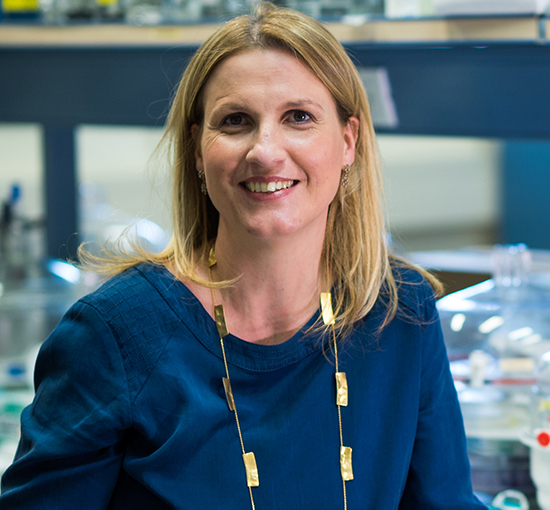Antibiotic Testing Cracked in Record Time

Diagnosing urinary tract infections is easy. Most people know themselves when they have one. But identifying the type of antibiotic needed to cure that infection requires a seven-hour test. It could be a day or two before the correct drug is prescribed. Usually, patients are started on a general antibiotic. But if it’s the wrong one, it must be changed. And that contributes to the problem of antibiotic resistance.
Now, thanks to a team of Technion faculty, students, and alumni, led by Professor Ester Segal of the Technion Faculty of Biotechnology and Food Engineering, a clinical assay capable of detecting urinary tract infections and their antibiotic resistance in 90 minutes or less has been developed.
Their optical sensor technology, iPRISM, constitutes a major leap in clinicians’ ability to prescribe the correct antibiotic for urinary tract infections in a timely manner and can be applied to other types of critical infection, such as fungal infections or sepsis.
The Technion team worked closely with several physicians and medical centers. Clinical urine samples and bacteria isolates were collected and analyzed. Unlike most antibiotic susceptibility test methods, iPRISM proved successful in determining antibiotic resistance on both direct urine samples and isolated bacteria samples. The study was recently published in the peer-reviewed journal, Advanced Science.
In order to test hundreds of clinical samples, the researchers turned to Potomac Photonics, a microfluidics-based manufacturing company in Maryland. Dr. Heidi Leonard, a former graduate student in Prof. Segal’s lab and one of the first students to work on the project, is currently the director of R&D at the company. She assisted in the fabrication and design of the devices. “Transitioning the test from a laboratory set up to a commercially produced disposal device ensures lower costs of manufacturing for future testing,” said Dr. Leonard. “This device can now be affordably manufactured at scale when the time comes.”
Furthermore, the team paired up with Prof. Jeremias Sulam of Johns Hopkins University, also a Technion alumnus, to implement machine learning algorithms and assist in data processing of the clinical samples. They were able to reduce the time of the standard seven-hour test to under one hour in some cases.




